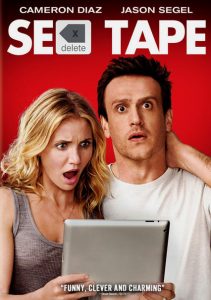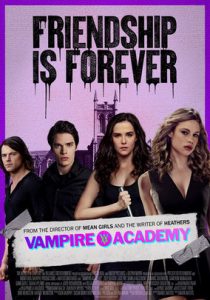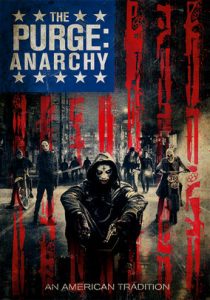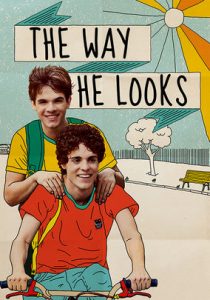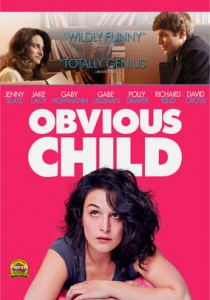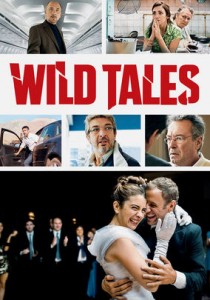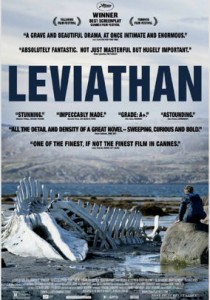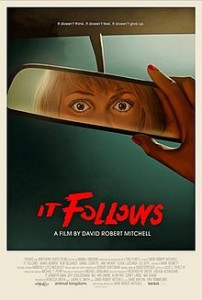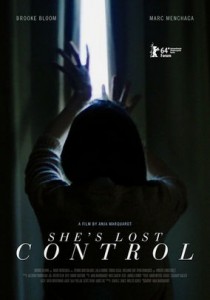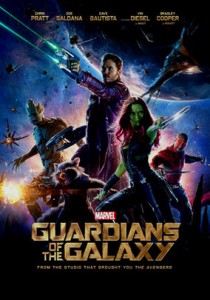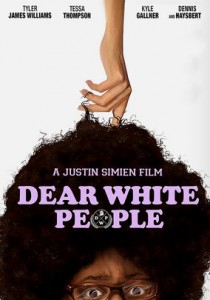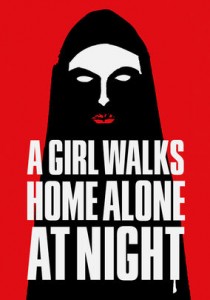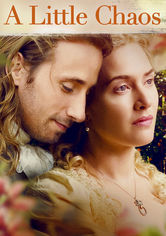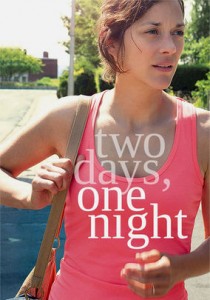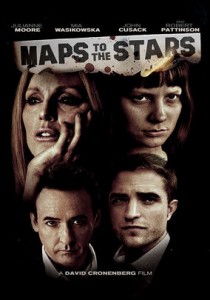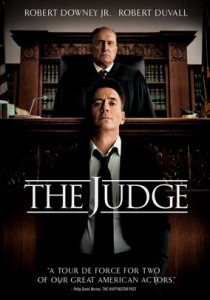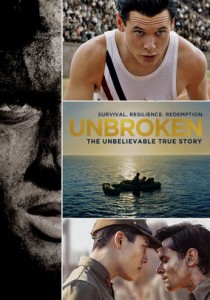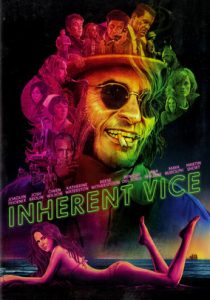Sex Tape-2014
Director Jake Kasdan
Starring Cameron Diaz, Jason Segel
Scott’s Review #980
Reviewed January 15, 2020
Grade: C
Sex Tape (2014) is a cliched, by-the-numbers, standard romantic comedy that meets expectations, but does little to exceed them.
It is a raunchy affair, perhaps too raunchy for some, and riddled with juvenile moments.
The film contains good chemistry between the leads and is fun up to a point. The final sequence strays too far into dumb, situation comedy-style moments, with too many seen-before stereotypes, that take away most of the preceding fun.
With universally scathing reviews, I expected to hate the film salivating over the opportunity to craft a good, old-fashioned terrible review, but, Sex Tape is marginally fair to middling.
After reuniting again after starring in Bad Teacher (2011), Cameron Diaz and Jason Segel do what they can with the material given, offering strong convictions and fluid moments of enamored charm.
In a supporting role as the boss, Rob Lowe is fine in a stock role, and the child actors are abhorrent (what else is new in romantic comedy casts?)
The film treats the viewer to a brief backstory, narrated by Annie, about the fresh romance between twenty-somethings, Jay and Annie Hargrove (Segel and Diaz).
Much in love, they can barely keep their eyes off each other and have sex at the drop of a hat. Once they settle down and have kids, their romantic interludes must be balanced and scheduled amid bath time, feedings, and the necessity of sleep.
Annie writes a popular blog, expressing the challenges of being a mom, as she bucks for a well-paying job at a company run by Hank Rosenbaum (Lowe).
One day, while feeling naughty, Jay and Annie rapturously and spontaneously decide to record their session of hanky panky on video, to enjoy later.
Predictably, an error occurs, and their lovemaking session is inadvertently synchronized to video to several iPads the couple had given away over time, which is the entire cast.
They struggle to retrieve the iPads and erase their session while being blackmailed by an anonymous viewer.
The strength of Sex Tape is the pairing of Diaz and Segel because without them the film would be nonsense. Chemistry and antics are everything in physical comedy films, and these two have it down.
We accept that the married couple, despite it being ten long years, is still in love with each other, avoiding the doldrums. What they need is a spark and it is fun watching them come up with a sneaky idea.
Even when the film gets bad, the actors are a hoot.
The supporting cast is what one usually gets in a romantic comedy and the wonder is why these characters are always written as a “type” and not better fleshed out.
Examples are Jay and Annie’s best friends, Robby and Tess Thompson (Rob Corddry and Ellie Kemper), one-dimensional and offering merely extensions of the lead characters, with no character development of their own.
The same can be said for Annie’s mother (played by Nancy Lenehan).
The studio’s attempts to promote the latest technological tool, the iPad, to death is strongly evident. If one more iPad appeared on screen I would have screamed. And how is it possible to record yourself in numerous sexual positions with an iPad?
How did they move the iPad and get into those positions? Why did everyone and their brother have an iPad? A weak explanation alluded to Jay’s occupation being somehow responsible.
Sex Tape (2014) does not rewrite the comedy roadmap and will assuredly be forgotten over time- might this film’s bad reviews and the disastrous remake of Annie (2014) be why Diaz retired from acting altogether?
Regardless, for a pleasant Saturday night of silly laughs over a Cosmopolitan or two, this film is okay but for fans of Diaz, watch There’s Something About Mary (1998) instead.
